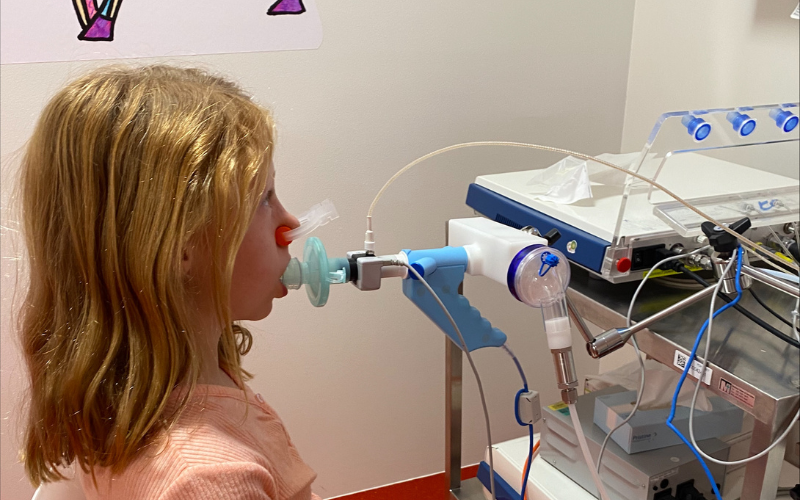Search

News & Events
Holiday fun this AprilThe school holidays are fast approaching, which only means one thing – the The Kids Discovery Centre school holiday workshops are back with an exciting program of fun and educational workshops for kids!

Keep up to date with all things Discovery Centre related by signing up to the Discovery Club. You’ll be able to log in with all your information at the centre!

The Wal-yan Respiratory Research Centre offers a broad range of outpatient and portable tests for those affected by chronic respiratory conditions.

Neuromuscular disorders include many rare conditions, such as Duchenne Muscular Dystrophy and Spinal Muscular Atrophy, that adversely impact respiratory health.

News & Events
Five innovative research projects supported by Inspiration Awards 2022Valued at a total of $440,000, the Wal-yan Respiratory Research Centre Inspiration Awards 2022 will support five cutting-edge research projects.

News & Events
Research into innovative treatments for people with asthma and antibiotic resistance supported by Innovation FellowshipsTwo outstanding researchers from the Wal-yan Respiratory Research Centre have been awarded a 2022 Innovation Fellowship supported by the WA Government's Future Health Research and Innovation (FHRI) Fund.

News & Events
New study to better understand how bronchiectasis develops during childhoodA new research project – the WA Paediatric Bronchiectasis Cohort Study – officially commenced this month with the aim of looking at children with bronchiectasis in Western Australia, like nine-year-old Holly (pictured), to better understand how this disease develops during childhood.

News & Events
Vertex grant to support research into treatment strategies for cystic fibrosis lung diseaseDr Daniel Laucirica, a research officer with the Wal-yan Respiratory Research Centre, will undertake new research into potential treatment strategies to prevent lung damage in people with cystic fibrosis (CF), under the mentorship of Associate Professor Anthony Kicic - made possible by a Vertex Cyst

News & Events
Respiratory research program recruits 400th participant, marking key milestoneIn September 2024, the Western Australian Epithelial Research Program (WAERP) reached a significant milestone by recruiting its 400th participant.
